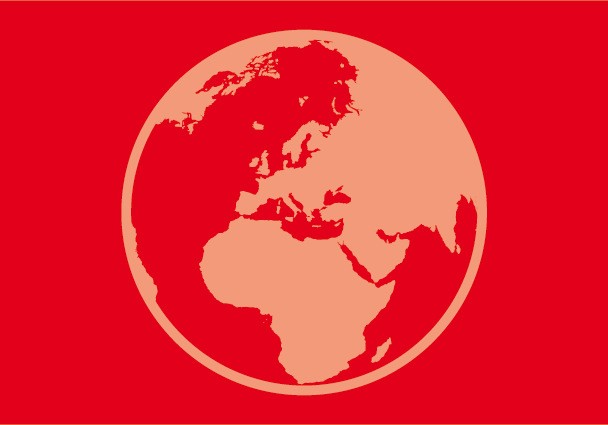
Statement regarding the Executive Order issued by President Bush on 13 November to combat terrorism
The ICJ wrote a statement to the Norwegian Ministry of Justice.

The ICJ wrote a statement to the Norwegian Ministry of Justice.
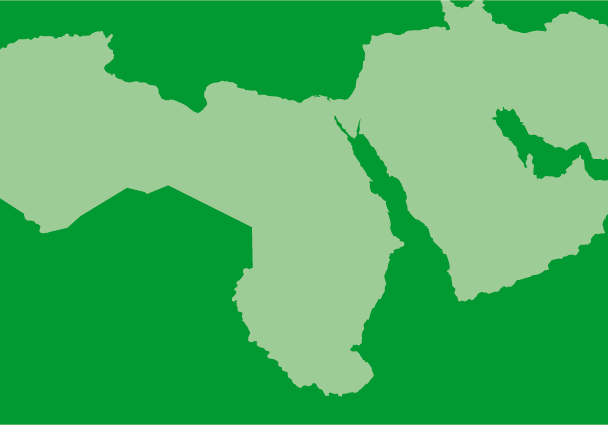
The ICJ sent the following letter to the Prime Minister of Israel.
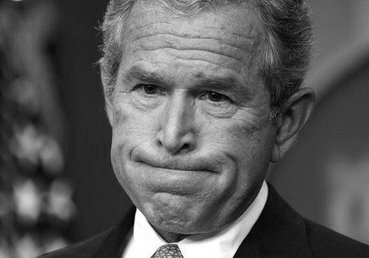
The ICJ sent the following letter to the American President.
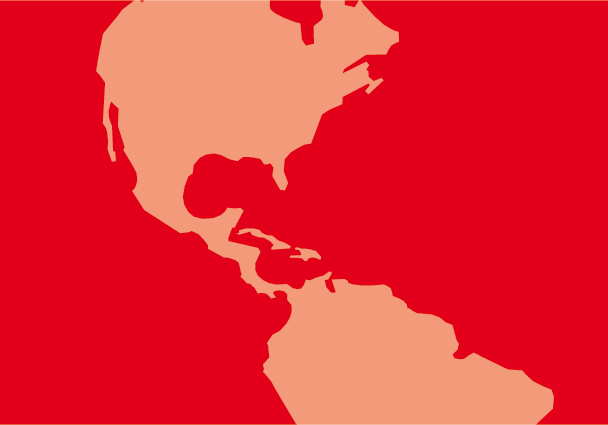
The ICJ today wrote to the Government of Guatemala expressing deep concern about death threats made against public prosecutor Leopoldo Zeissig.

The time is right for an International Criminal Court, and the momentum is strong, says the ICJ.
The General Assembly of the United Nations will convene an Ad Hoc Committee at the U N Headquarters in New York from 3 to 13 April 1995, and, if necessary, from 14 to 25 August 1995, to discuss the establishment of such a court.
In June 1994, the International Law Commission (ILC) finalised its consideration of the issue and proposed a Revised Draft Statute to the General Assembly. During the last General Assembly meeting, States were requested to comment on the Statute by 15 March 1995.
The ICJ has some concerns on what is overall an excellent and realizable framework for an International Criminal Court.
ICJ Campaign International Criminal Court-non-legal submission-1995-eng (full text in English, PDF)
ICJ Campaign International Criminal Court-non-legal submission-1995-fra (full text in French, PDF)
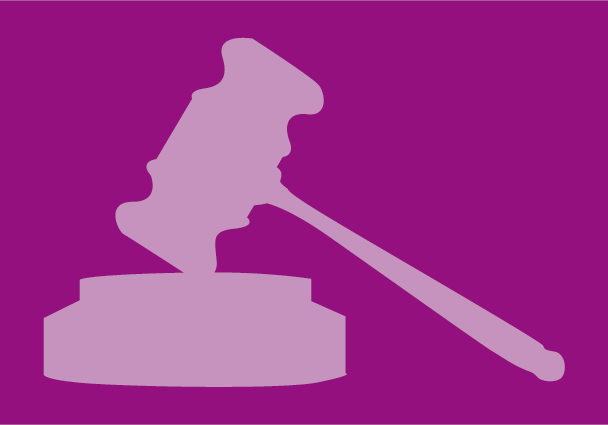
A group of 40 distinguished legal experts and media representatives, convened by the ICJ’s Centre for the Independence of Judges and Lawyers, and the Spanish Committee of UNICEF, met in Madrid, Spain, between 18 – 20 January 1994.
The objectives of the meeting were
The Basic Principle is as follows:
The document contains the Principles, an Annex: Strategies for Implementation, the List of Participants at the Seminar and extracts from the International Covenant on Civil and Political Rights (ICCPR) and from the Syracusa Principles on the Limitation and Derogation Provisions in the ICCPR.
Madrid Principles Media Judicial Independence-non-legal submission-1994-eng (full text in English, PDF)